The Importance of Cost Optimization in Manufacturing
 In today’s highly competitive business landscape, many companies are facing the ongoing challenge of minimizing costs while still delivering high-quality products. Cost optimization plays a pivotal role in driving efficiency, improving productivity, and maximizing the bottom line. By implementing effective strategies and leveraging modern technologies, manufacturers can identify and eliminate unnecessary expenses, streamline operations, and stay ahead of the competition.
In today’s highly competitive business landscape, many companies are facing the ongoing challenge of minimizing costs while still delivering high-quality products. Cost optimization plays a pivotal role in driving efficiency, improving productivity, and maximizing the bottom line. By implementing effective strategies and leveraging modern technologies, manufacturers can identify and eliminate unnecessary expenses, streamline operations, and stay ahead of the competition.
Here we will explore key approaches to cost optimization in manufacturing and discuss their benefits.
Process Optimization
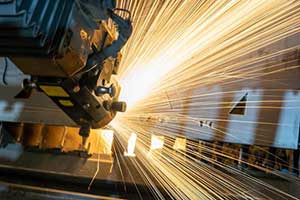
Efficient processes form the backbone of any successful manufacturing operation. By scrutinizing existing workflows, identifying bottlenecks, and optimizing production processes, manufacturers can eliminate waste and reduce costs.
Lean manufacturing principles, such as Just-in-Time (JIT) inventory management and Value Stream Mapping (VSM), can help identify areas of improvement, reduce inventory carrying costs, minimize lead times, and enhance overall operational efficiency.
Energy Efficiency
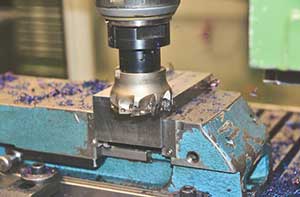
Manufacturing processes are often energy-intensive, making energy costs a significant contributor to overall expenses. By embracing energy-efficient practices and technologies, manufacturers can achieve substantial savings.
Implementing energy management systems, adopting renewable energy sources, optimizing equipment utilization, and investing in energy-efficient machinery are effective ways to reduce energy consumption and lower operational costs in the long run.
Automation and Robotics
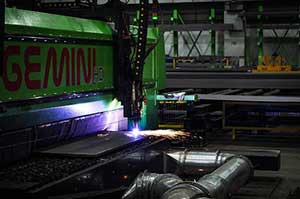
Automation and robotics have revolutionized the manufacturing industry, offering immense potential for cost optimization.
By automating repetitive tasks, manufacturers can improve productivity, minimize errors, and reduce labor costs. Robotic process automation (RPA) and advanced robotics enable efficient assembly, packaging, and material handling, enhancing overall operational efficiency while maintaining product quality and consistency.
Data Analytics and Predictive Maintenance
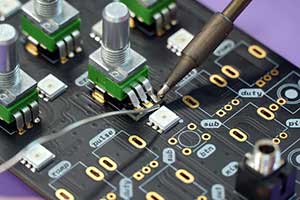
Data-driven decision-making is a game-changer in cost optimization. By collecting and analyzing vast amounts of data generated during the manufacturing process, manufacturers can identify inefficiencies, predict maintenance requirements, and optimize equipment performance.
Predictive maintenance ensures timely equipment servicing, minimizing downtime, and preventing costly breakdowns. Furthermore, data analytics provides valuable insights into customer preferences and market trends, enabling manufacturers to align their production accordingly, reducing the risk of overproduction or stockouts. Market research is key to optimizing your resources and costs.
Continuous Improvement and Employee Engagement
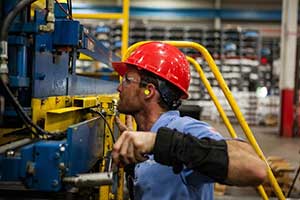
Embracing a culture of continuous improvement is vital for sustained cost optimization. By encouraging employee engagement and fostering innovation, manufacturers can tap into the collective expertise of their workforce to identify and implement cost-saving measures. Regular training programs, feedback mechanisms, and rewards for suggestions and improvements can motivate employees to actively contribute to the company’s cost optimization efforts.
Supply Chain Management
A well-managed and optimized supply chain is crucial for cost optimization in manufacturing. Collaborating closely with suppliers, manufacturers can negotiate favorable terms, bulk purchase materials, and reduce procurement costs.
Working with an Experienced Sourcing Company
Using sourcing companies is another great way to improve your profit margin. At Global Trade Specialists, we make sure to source from factories that use many of the above strategies to keep costs down and quality high for our customers. Leveraging over thirty years of experience our sourcing agents will be able to help navigate manufacturing your products more quickly, efficiently and successfully.
